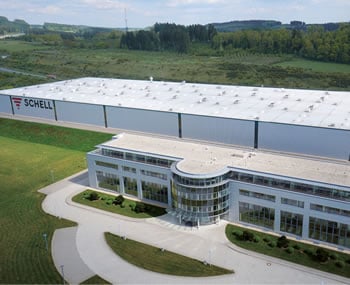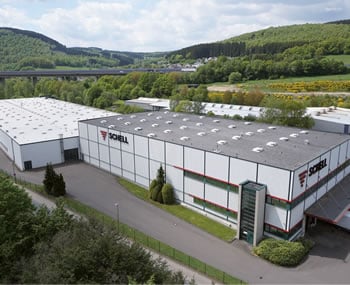Modern facility management and digital technologies ensure efficiently run buildings
5-minute read
Is ‘facility manager’ a fancy name for ‘caretaker’? While facility managers are certainly caretakers, the profession has long since become more multifaceted and technically demanding. The complex subject areas of building automation, technology management, quality assurance and sustainability are now part and parcel of facility management work. And when it comes to the management of larger building complexes, highly qualified engineers are now frequently the candidate of choice.
Today, modern facility management is essential in order to operate buildings efficiently and sustainably while keeping to the budget – and also in terms of water management. Apart from keeping water consumption in check, another key aspect is protecting the health of users.
Smart systems for efficient working practice
When it comes to user health, maintaining drinking water hygiene is the top priority. Workplaces are changing and ‘new work’ models are now permanently altering how buildings are used. The resulting fluctuations in capacity utilisation can also have a direct effect on the water quality in the building. Modern facility managers can use their know-how to counteract these effects and support the maintenance of drinking water hygiene. Ideally, these facility managers will be able to work efficiently by using smart, digital solutions that greatly simplify the operation of drinking water installations – solutions such as SCHELL’s Water Management System SWS. SWS can use automated stagnation flushes to simulate the specified normal operation of the installation, for example. This makes time-consuming and costly manual flushing by facility management staff a thing of the past.
Automated processes for economical operation
The rise of digitalisation has meant that modern building installations can now be easily controlled from a laptop or a smartphone – even from anywhere in the world. Automated processes not only save time and money but also have a positive impact on water and energy consumption, and therefore on a building’s sustainability footprint. At the same time, digital systems like SWS can provide a wide range of valuable data that facility management can analyse in order to then carry out appropriate optimisations. Upcoming maintenance can also be identified and planned systematically, to ensure that building operations run even more efficiently.

Integrative solutions for an easier daily schedule
In modern new-build projects, smart systems are often built in at the planning stage. Although initial costs are higher, the ROI is typically soon achieved, as a result of lower operating costs. Systems are also available for existing properties, ideally as wireless solutions, so that less chasing out work is required during renovations and refurbishments.
Proper checks also need to be made to ensure that systems are compatible. After all, many separate standalone systems in a building will not make the work of facility management any more efficient or easier. Solutions should also complement one another and be able to be integrated into a central building control system. The Water Management System SWS uses gateways to ensure smooth integration with building automation systems.
Attention should also be paid to the complexity within a system. Solutions should make life easier for technical personnel and provide powerful features for visualising the overall installation. Accordingly, simple user interfaces and intuitive controls are especially important. This is one aspect that was considered right from the outset when developing SMART.SWS, the online service extension for SWS.
The future of facility management
Modern approaches to facility management ensure that buildings are run both efficiently and sustainably, and that the health of building users is protected by maintaining drinking water quality. All of which means that the work done by this profession is hugely valuable and its potential should not be wasted.
In part 2, we go into more detail about how SWS and SMART.SWS make life easier for facility managers. Check back soon!

![[Translate to English:] [Translate to English:]](/fileadmin/_processed_/1/b/csm_symstemloesungen_e2_thumb_6bca267f26.jpg)
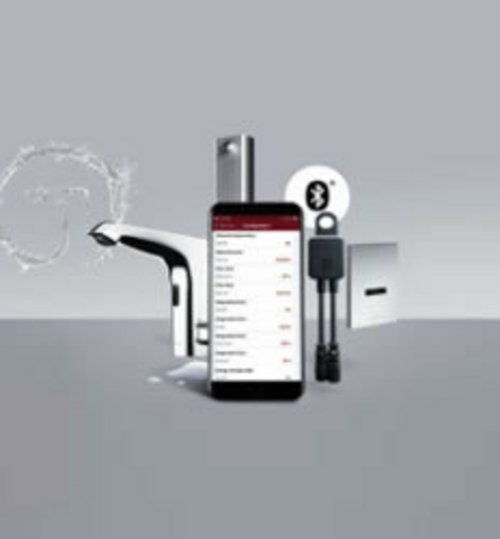
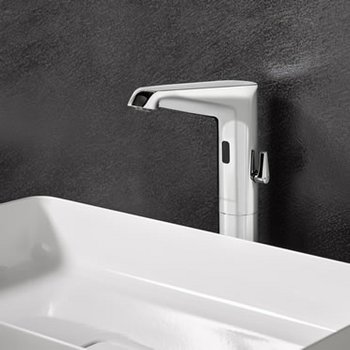
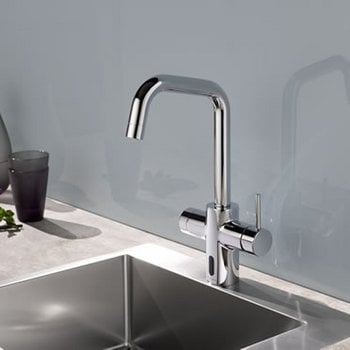
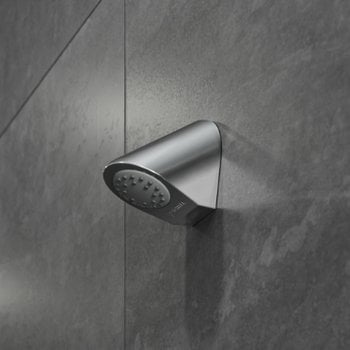
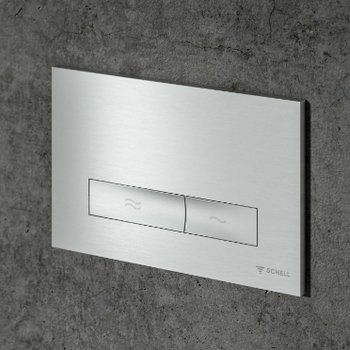
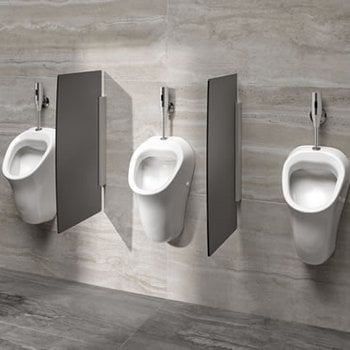
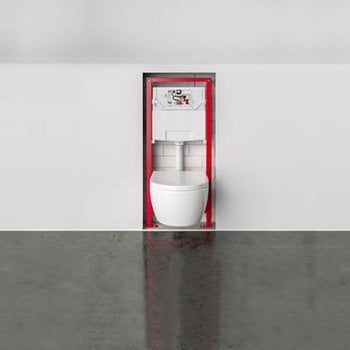
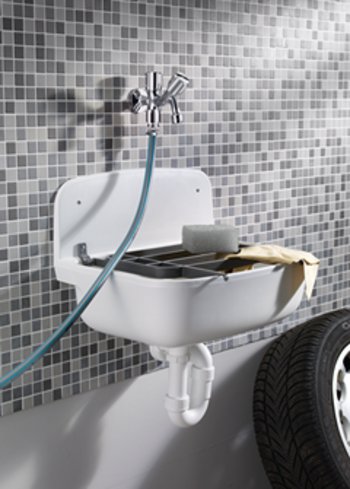
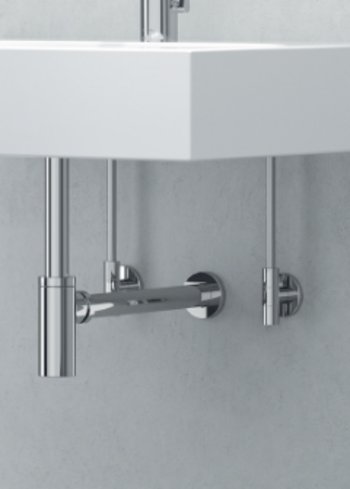
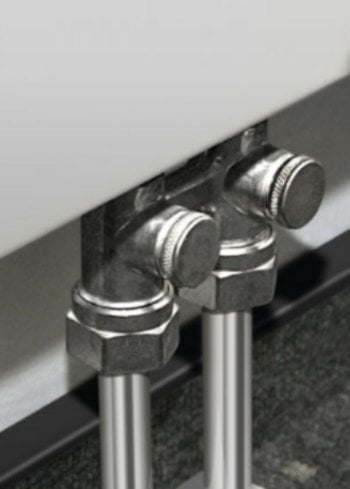
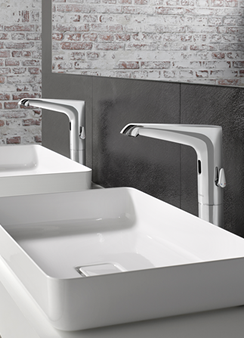
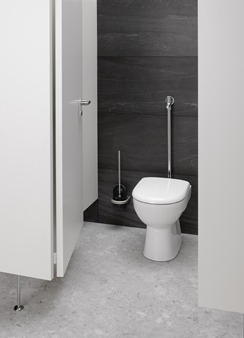
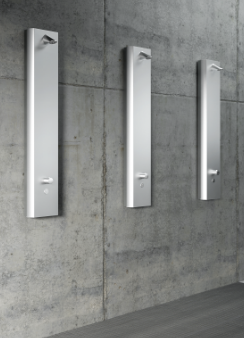

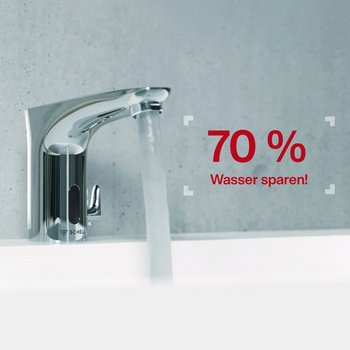
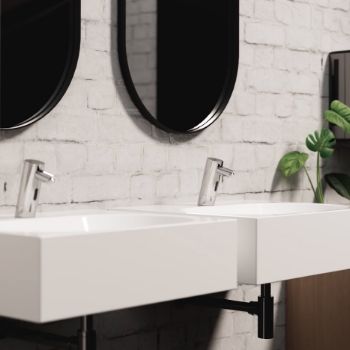

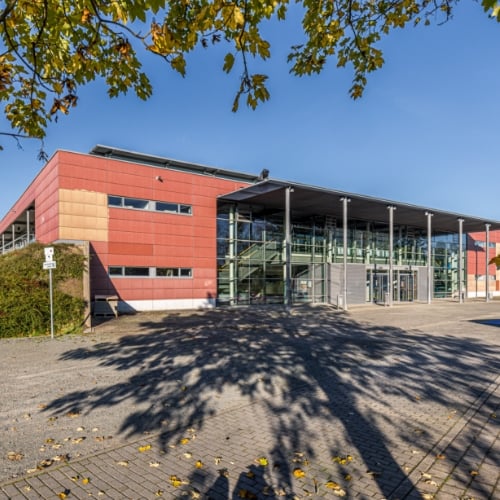
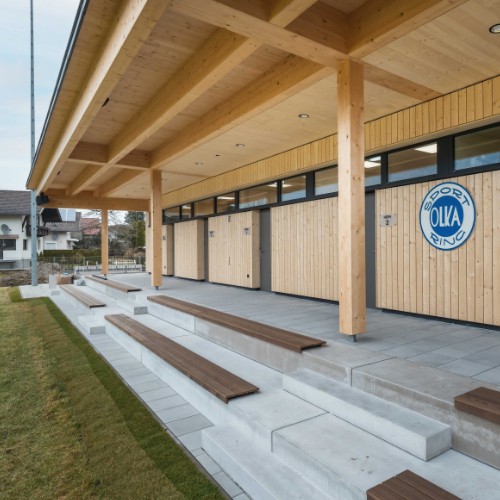
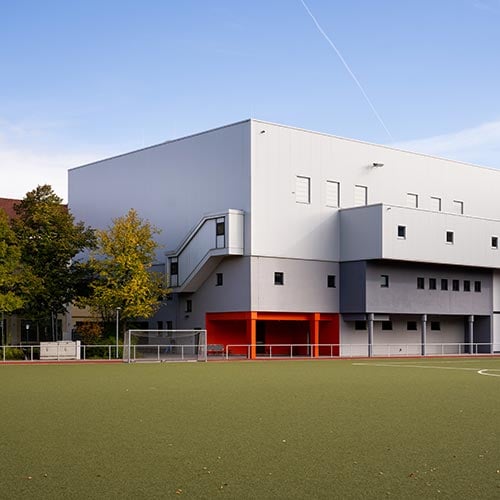

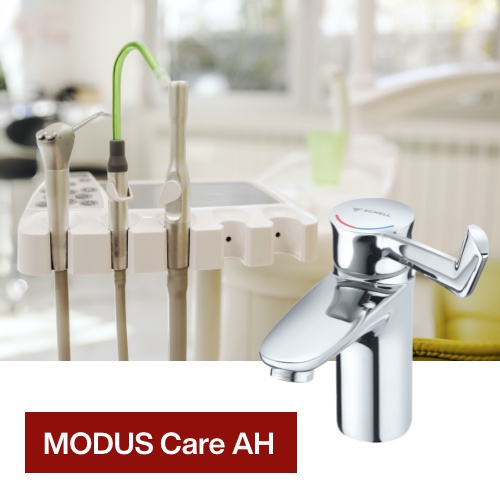
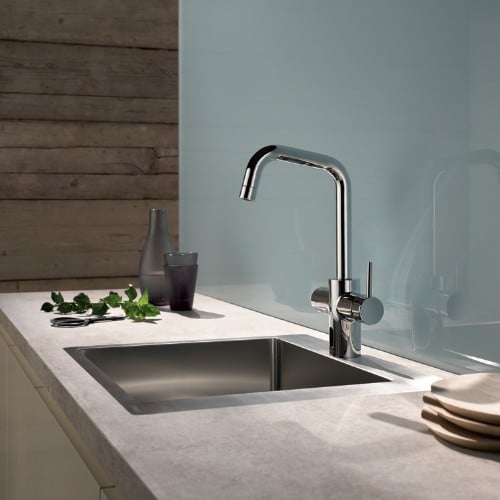
![[Translate to English:] [Translate to English:]](/fileadmin/user_upload/images/menu/menu_service_downloads_broschueren.jpg)
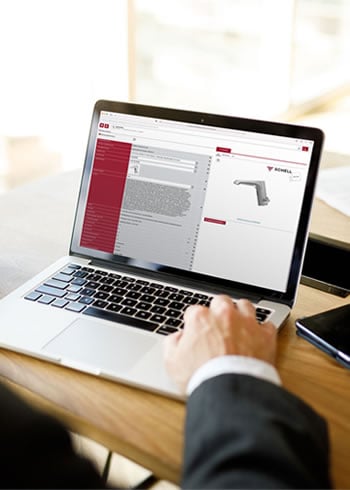
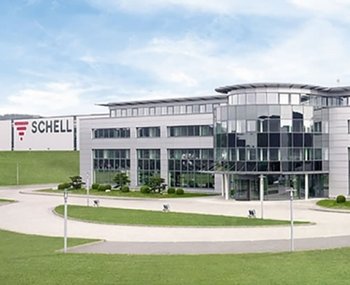


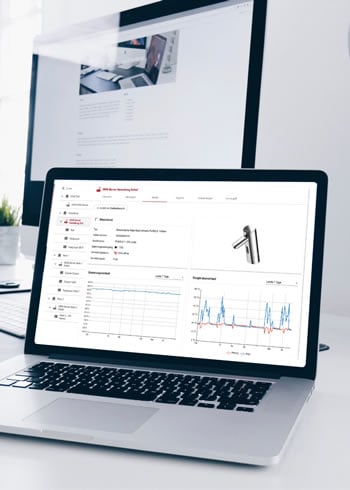


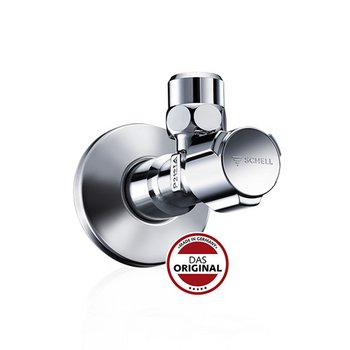
![[Translate to English:] [Translate to English:]](/fileadmin/_processed_/7/7/csm_menu_unternehmen_ueber-schell_awards_f6cec25b1d.jpg)
![[Translate to English:] [Translate to English:]](/fileadmin/_processed_/a/0/csm_menu_unternehmen_ueber-schell_wasser-sparen_41036d2dd9.jpg)


